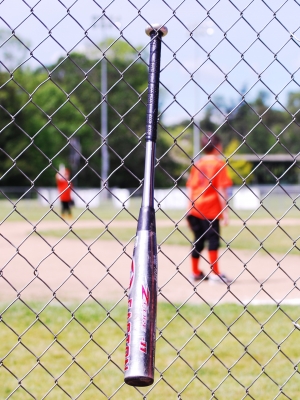
First Day Jitters
August 19, 2014
LD and Social Interactions: Difficulty with Jokes
September 10, 2014
When talking with a child with a learning disability or significant attentional challenges, keep in mind these words from Peggy O’Mara. “The way we talk to our children becomes their inner voice.”
Whether interacting as the parent, sports coach, volunteer or scout leader, our words have a tremendous impact on our children. What we say and how we say it has great importance. Do you sometimes hear the voice of your Mom or Dad in your head? I hear the voice of my Dad whenever I drive past a group of children playing close to the road. He warns me that children can run out at any time, so go slow. What do you hear your parent saying?
Sometimes what people remember are sarcastic remarks or put-downs from a parent or coach – something like, “You think you are so smart; how come you never make the honor roll?” or “You would read better if you weren’t so lazy and just practiced more.” When stressed or angered, sometimes we just repeat the words from significant people in our past to our children, even if they were hurtful to us. We carry these hurtful comments around with us, and suddenly find them coming out of our mouths as if someone else were talking!
What to do? You are upset or angry, and the words from your past are bubbling to the surface. Stop. Think about what you want to say without the angry layer of sarcasm. Your child is struggling to read to you, missing the same words over and over. Would an angry, sarcastic remark such as, “You may be an ace at video games, but your reading is terrible,” help the child read better?
Suggest a short break for both of you. Come back. Your concern is their struggle with reading; you are not angry with your child.

Suggest that you read together, or follow whatever advice the teacher has given when the reading material is a challenge. Emphasize that you will be a partner with your child in overcoming this obstacle.
Remember: Once the words are out of your mouth, you cannot take them back.
Blogger Mary Ann Mulcahey, PhD, shares her expertise in assessment and diagnosis of learning disabilities and ADHD, and the social/emotional adjustment to those issues. If you have questions, please contact Mary Ann at .
Image courtesy of stockimages at FreeDigitalPhotos.net



